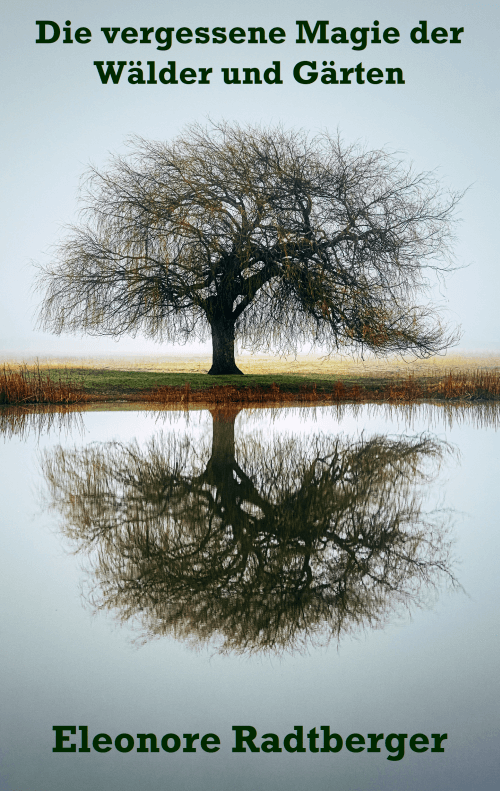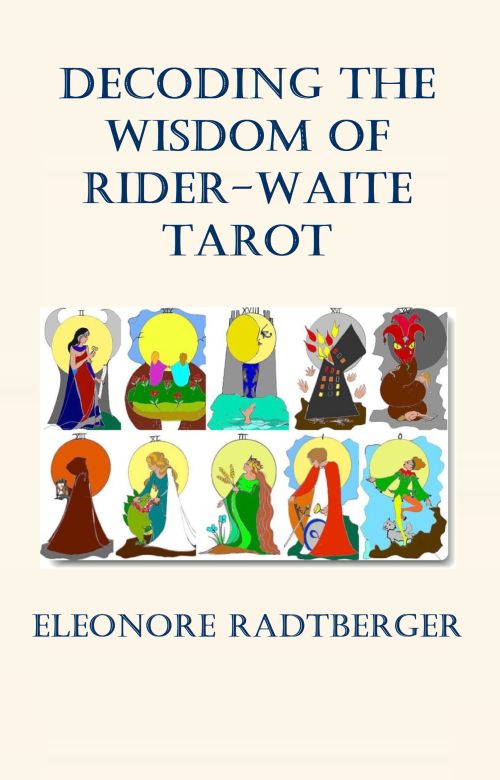
|
In the footsteps of Philosophers: How philosophy connects us
From the pre-Socratics to modern-day thinkers

If you have never studied philosophy before, you should definitely give it a try! As a discipline of critical thinking and deep reflection, philosophy offers valuable insights into ourselves and the world around us.
Philosophy teaches us to ask questions. While we often adopt preconceived opinions and assumptions in everyday life, philosophy challenges us to question them.
Philosophical questions that move us
What is the meaning of life? Is there an objective truth? How is good defined? Do we have free will? What is consciousness? Is there a God? How can we distinguish between dreams and reality? Does our world really exist, or are we being deceived?
These are relevant questions not only in philosophical texts, but also in our everyday lives. They encourage us to think critically and view the world from different perspectives.
The power of ideas: how philosophy shapes our world
In an era where we face constant moral dilemmas concerning climate change, social justice and technological developments, philosophy empowers us to make informed decisions. Studying ethical theories, from virtue ethics to utilitarianism, clarifies our values and beliefs, teaching us to take responsibility for our actions.
Philosophy also fosters the ability to argue and exchange ideas. Through open dialogue, we can organise our thoughts and learn to respect different points of view. This is particularly important at a time when differences often lead to conflict. Philosophical discussions encourage us to listen, reflect and question our own views. These skills are useful not only in an academic context, but also in shaping our interpersonal relationships and social engagement.
Furthermore, engaging with philosophy can foster a profound sense of connection with humanity. Great thinkers from the past, such as Socrates and Simone de Beauvoir, asked questions that remain relevant today. Their work shows that the pursuit of knowledge and understanding is a universal and timeless endeavour. Connecting with the thoughts of others can be inspiring and help us find our place in the world.
Consider which topics interest you most. Are you fascinated by the history of philosophy, particular philosophers or specific questions? The following list of important philosophical terms may help you decide.
Important philosophical theories explained in simple terms
What is 'Metaphysics'?
Metaphysics deals with fundamental questions about existence, reality and the nature of things. Throughout history, it has been interpreted differently in different eras.
In ancient times, especially among philosophers such as Aristotle, metaphysics was regarded as the science of being. People asked about the foundation of reality and how everything is connected.
In the Middle Ages, many thinkers, such as Thomas Aquinas, combined metaphysics with theological considerations. The focus here was primarily on the relationship between God and creation.
The Enlightenment brought about a change, with rationalists such as Descartes focusing more on thought and consciousness in metaphysics. They asked what we can truly know and how our perception influences reality.
In modern philosophy, thinkers such as Kant adopted a more critical view of metaphysics. Kant examined the limits of our knowledge and concluded that some questions may never be fully answered.
What is 'Hedonism'?
Hedonism is the philosophy that the pursuit of pleasure and happiness is life's ultimate goal. (The Greek word 'hedone' means 'pleasure, delight, enjoyment and sensual desire'.) However, the meaning of this term has changed over the course of history.
In ancient times, especially among the Greeks, hedonism was often associated with the idea of moderate enjoyment. Philosophers such as Epicurus emphasised that true pleasure encompasses not only physical pleasure, but also mental satisfaction and friendship.
In the Middle Ages, however, most people viewed hedonism negatively. Religious teachings condemned worldly pleasures, demanded self-discipline and asceticism to live a life in accordance with God.
During the Enlightenment, interest in individuality and personal happiness resurfaced. The pursuit of happiness was considered morally desirable, with an emphasis on the common good.
In modern times, hedonism is interpreted in different ways. Sometimes it is seen as the shallow pursuit of pleasure, while at other times it is viewed as a liberation from social constraints to find individual happiness.
What is 'Scholasticism'?
Scholasticism is an important concept in philosophy and theology that was particularly significant in the Middle Ages. Originally, the term referred to 'scholars', i.e. academics who taught and debated at universities.
Over the centuries, the concept has been reinterpreted time and again, always serving as a bridge between faith and knowledge.
Although the term 'scholasticism' was not established in ancient times, the foundations were laid by philosophers such as Plato and Aristotle. Their ideas later influenced the thinking of the scholastics.
In the early Middle Ages (5th to 10th century), Christian doctrine exerted a significant influence on scholasticism. Scholars attempted to combine ancient knowledge with religious beliefs. This period laid the foundations for the subsequent development of scholasticism, prompting questions about God, faith and the nature of humanity.
Scholasticism then flourished in the High Middle Ages (11th to 13th centuries). Famous thinkers such as Thomas Aquinas and Anselm of Canterbury shaped this era. They employed Aristotle's logic and philosophy to clarify and systematise religious concepts. Thus, scholasticism became a method that combined philosophical and theological considerations. A culture of debate emerged that continues to have an impact today.
However, the crisis of scholasticism in the late Middle Ages (14th and 15th centuries) led to mounting criticism of its methods. Scholars such as William of Ockham called for a simpler, more direct approach to truth. This resulted in a shift away from strict logic towards empiricism and subjective experience.
From the Renaissance to modern times (16th century and later): During this period, scholasticism was often considered outdated. In the 18th century, the Enlightenment began to question it. Thinkers such as Kant criticised the dogmatic structures of scholasticism, calling for a new approach to knowledge and ethics. Nevertheless, the influence of scholasticism remained, and many modern philosophical ideas have their roots in scholastic discussions.
What are 'Stoicism', 'Stoa' and 'Stoic'?
Stoicism is a philosophical doctrine that originated in ancient Greece based on the teachings of Zeno of Kition. Stoics emphasised virtue, self-control and acceptance of fate. The Stoa, the school that represented these teachings, played a central role in spreading Stoic ideas.
Over the centuries, however, Stoicism has been interpreted in different ways. During the Roman era, for example, it flourished among philosophers such as Seneca and Marcus Aurelius, who focused more on its practical application in everyday life. These Stoics regarded philosophy as an art of living.
In the Middle Ages, Stoicism was interpreted in a religious context, blending with Christian ideas. In modern times, Stoicism experienced a revival, especially during the 18th and 19th centuries, when it was often associated with self-control and rationality. Finally, during the Enlightenment, it was adopted again to promote individual freedom and reason.
Today, Stoicism is widely regarded as a practical approach to dealing with stress and challenges. It has spread to many areas, including psychology and self-help, and is considered a timeless philosophy that helps people to live better lives.
What is 'Utilitarianism'?
Utilitarianism is an ethical theory that states an action is morally right if it maximises happiness or well-being and minimises suffering for everyone affected. It is based on the principle of utility: an action is morally good if it benefits the greatest number of people the most.
Utilitarianism influences economic decisions and the evaluation of projects, weighing up the pros and cons for everyone involved, as in cost-benefit analyses. In medical ethics, utilitarianism is used in triage to determine who should receive assistance first in an emergency. The goal is to save the greatest number of lives. Political decisions such as the distribution of resources or the drafting of laws can also be justified in this way by attempting to maximise the common good.
© 'In the footsteps of Philosophers: How philosophy connects us. From the pre-Socratics to modern-day thinkers': An article by Pressenet (translated by Izabel Comati), 07/2025. Image credit: The image shows a thinker, CC0 (Public Domain Licence).
– Stories about my grandfather (Short story)
– The nasturtium is a fiery beauty that captivates us
– Nell Gwyn: I am the Protestant whore
Discover more articles! Use the search function:
English archive:
More reviews, book presentations and essays
2024/2025
German archive:
2024 |
2023 |
2022 |
2021 |
2020 |
2019 |
2018 |
2017 |
2016 |
2015 |
2014 |
2013 |
2012 |
2011 |
2010 |
2009
Become a writer for Pressenet! Write articles for our online magazine on trending topics such as best books to read, health and wellness, technology and gadgets, business and finance, travel and tourism, lifestyle and fashion or education and career. Info: Become an author
Sponsors and investors are welcome: If you found our articles interesting, we would be grateful for a donation. Please also recommend us to your networks. Thank you very much!
Sitemap About Privacy Policy RSS Feed





